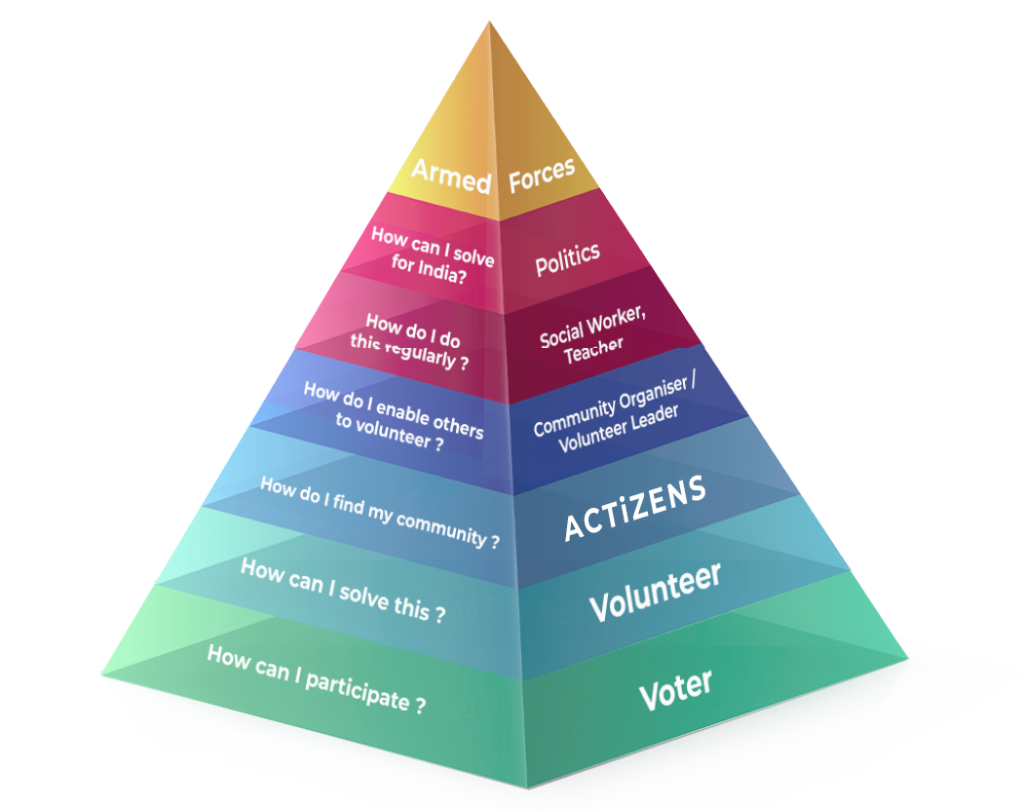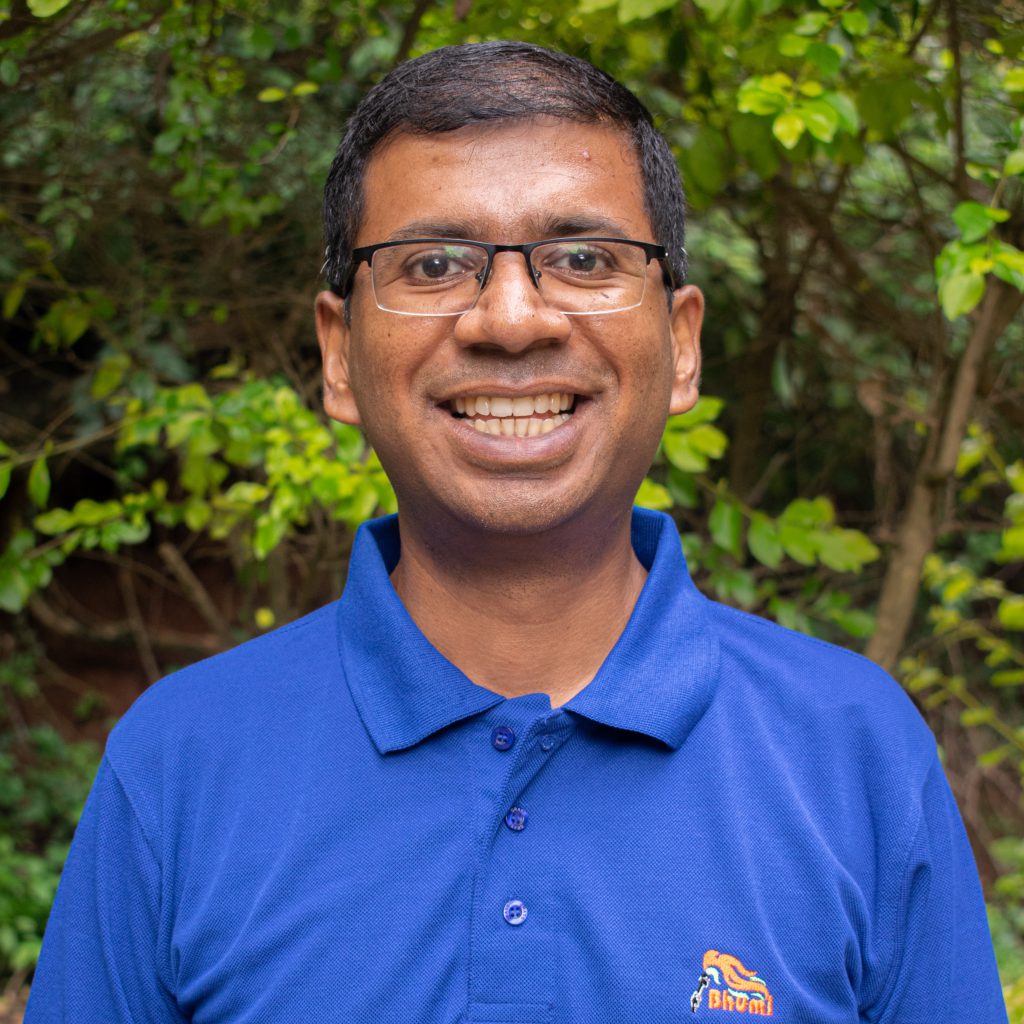When we started our volunteer work as fresh, young social entrepreneurs right out of college, many naysayers discouraged us. American anthropologist Margaret Mead’s quote resonated deeply with me and served as my email signature for many years: “Never doubt that a small group of thoughtful, committed citizens can change the world; indeed, it’s the only thing that ever has.” We believed in our ability to make a difference and week after week, we worked hard to improve our community, Bhumi.
In India, citizenship is often taken for granted, defined merely by one’s birthplace. Over 640 million people voted in the recent general elections. While this is commendable, as voting is the first step in civic engagement, more measures are needed. If you are content being an armchair critic without voting, you must re-evaluate your societal role.
I often tell new volunteers that if, for example, they encounter a problem while commuting and think, “How can I solve this?”, they are in the right place. Most people expect others or the government to address issues, but volunteers think differently and assume duties on their own.
Volunteering initially feels like helping others or society at large, but it also results in personal gain. People volunteer for various reasons—empathy, finding a like-minded community of ACTiZENS (Alert, Informed, and Active Citizens) or simply finding happiness in contributing to a cause. This is the next step in civic engagement.
As you continue to volunteer, you discover more effective ways to address local issues. India, a country with 1.44 billion people, has a plethora of problems and a million possible solutions. When your volunteering starts to inspire others to do the same, you become a community organiser. You realise that the problems you were solving were just symptoms, and your responsibility extends to the broader community.
Some people progress to full-time social work, taking on roles such as teachers, healthcare providers, or social workers in non-profit organisations. These individuals tackle India’s toughest challenges daily, complementing the efforts of the government.

A few even venture into politics or civil services, aiming to run our governments and bureaucratic machinery. If more people volunteered, the base of the pyramid would expand, leading to a greater number of citizens ready to transition from voters to elected representatives.
At the pinnacle of active citizenship are those who join the armed forces, ensuring our safety and peace. While this path may not be for everyone, those at the higher levels of the pyramid deserve our respect and admiration.
If you haven’t started your journey on the pyramid, take the first step: register to vote and start volunteering!

Dr. Prahalathan KK co-founded Bhumi, one of India’s largest non-profit volunteer organisations, enabling thousands of people to volunteer to work on educational and civic issues. He is a doctor who specialises in Ophthalmology.
